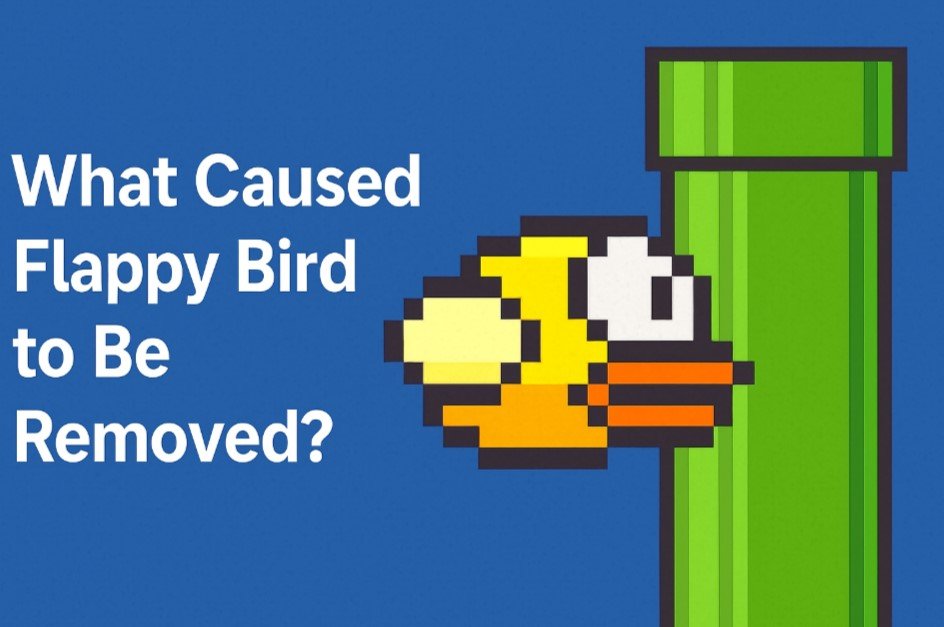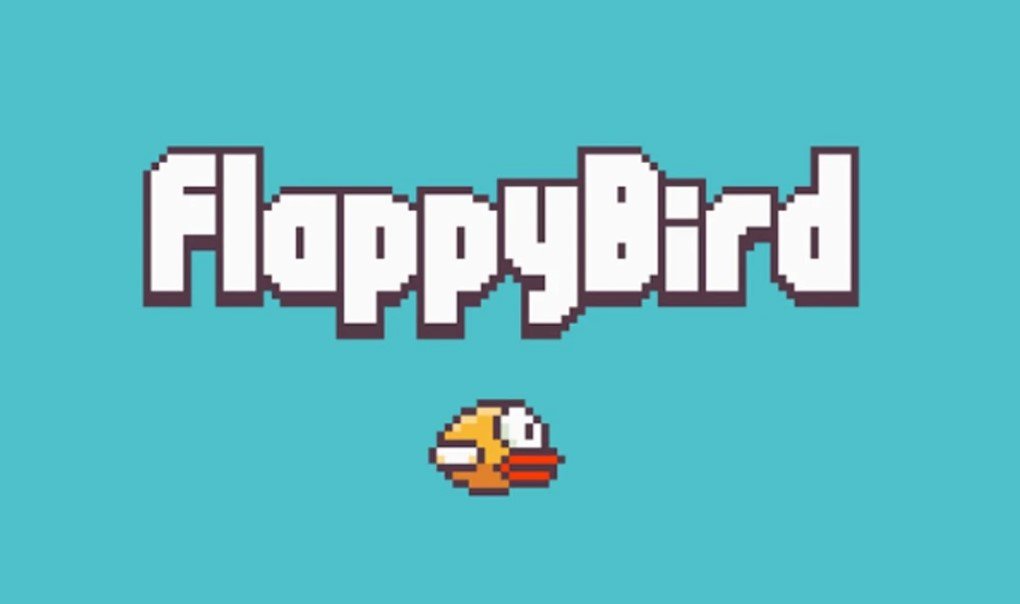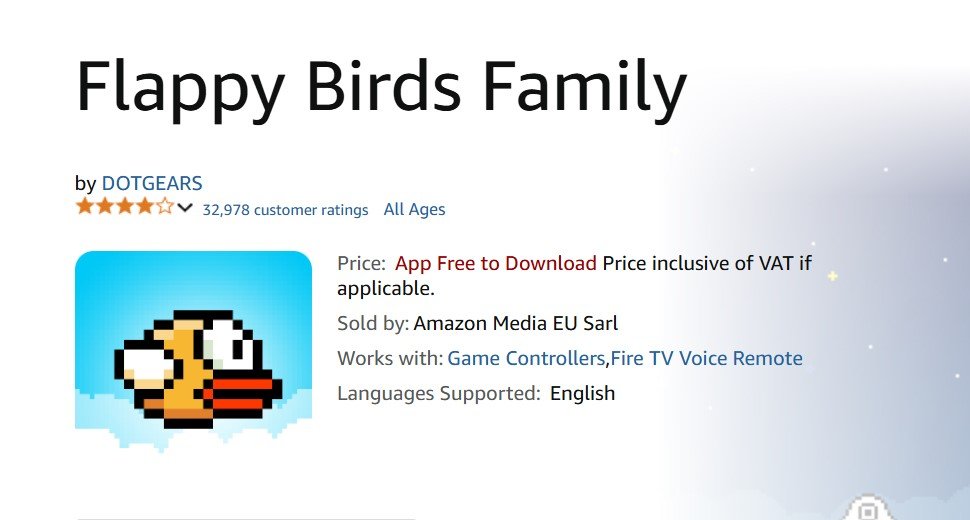Games
What Caused Flappy Bird to Be Removed?

In early 2014, a simple mobile game called Flappy Bird became a worldwide phenomenon. Created by Vietnamese developer Dong Nguyen, Flappy Bird was an endless arcade-style game that challenged players to guide a small bird between sets of green pipes by tapping their screen. The concept was simple, but the difficulty level was extremely high. It was both frustrating and addictive. In a short period of time, the game climbed to the top of mobile app store charts around the world.
But just as quickly as it became popular, Flappy Bird vanished. On February 10, 2014, the game was officially removed from both the Apple App Store and Google Play Store by its creator. There was no warning, and there was no scandal. But the removal sparked global confusion and curiosity. Why would anyone take down such a successful game?
The Unexpected Success of Flappy Bird
Flappy Bird was first released in May 2013 by DotGears, Dong Nguyen’s development studio in Hanoi, Vietnam. The game didn’t gain much attention at first. It remained unknown for several months, receiving just a few downloads and minimal engagement. But something changed in early 2014.

Without any major marketing push or advertising campaign, the game suddenly caught the attention of social media users and mobile gamers. Short gameplay clips started appearing online. Popular YouTubers uploaded videos attempting to beat the game’s high scores. Soon after, Flappy Bird became a cultural trend. It topped the download charts in more than 100 countries.
What made the game special was its difficulty. Players often lost within seconds, yet the short gameplay loop made them try again and again. It was competitive and personal. Everyone wanted to beat their own score—or their friends’. This combination of challenge, simplicity, and quick feedback led to extreme popularity.
Revenue and Media Coverage
Because Flappy Bird was free to download, it generated money through in-game advertising. Each time players lost and restarted the game, they saw an ad. As the number of players grew into the millions, so did the ad revenue. According to Nguyen, the game was making around $50,000 per day at its peak.
At the same time, the developer himself became the subject of media interest. Dong Nguyen began receiving hundreds of emails, interview requests, and even hate messages. Some praised the game, while others criticized its level of difficulty. The attention became overwhelming.
Why Did Flappy Bird Get Removed?
On February 8, 2014, Nguyen posted a short tweet: “I am sorry, Flappy Bird users, 22 hours from now, I will take Flappy Bird down. I cannot take this anymore.” True to his word, the game was removed from app stores the next day.
I am sorry ‘Flappy Bird’ users, 22 hours from now, I will take ‘Flappy Bird’ down. I cannot take this anymore.
— Dong Nguyen (@dongatory) February 8, 2014
This quick removal came as a shock to fans, and many wondered: Why was Flappy Bird removed? Did Flappy Bird get banned? If so, why did Flappy Bird get banned?
In truth, the game wasn’t banned or blocked by any authority. There were no lawsuits or legal takedown requests. Nguyen removed it voluntarily. In later interviews, he explained that he did not expect Flappy Bird to become so addictive. It was meant to be a fun, casual game. But many users were becoming obsessed with it. He started receiving messages from parents and players saying that the game was causing frustration or affecting their sleep.
Nguyen said he felt guilty. He never wanted to make a game that created stress. His decision to take down the game was driven by personal values, not business reasons. He also mentioned the pressure of sudden fame, which he was not comfortable with. The combination of guilt and media attention led him to remove Flappy Bird permanently.
What Happened After the Removal
After the game was removed, Flappy Bird became even more famous. Phones that already had the game installed were listed for sale on eBay for hundreds or even thousands of dollars. News outlets around the world covered the story. Many clone games started appearing in app stores, trying to copy the formula that made Flappy Bird popular.
Despite the fame and potential for profit, Nguyen chose not to bring the game back. He explained that he wanted peace and privacy. He did not want to be known only as the creator of Flappy Bird.
Flappy Birds Family and New Projects
In August 2014, Nguyen released a revised version of the game called Flappy Birds Family. This was a multiplayer version of the original, designed to be played on the Amazon Fire TV platform. It featured new obstacles and gameplay improvements. The goal was to make the game less addictive while keeping it fun. This version did not reach the same level of popularity but showed that Nguyen was still interested in game development.

Flappy Birds Family has not been its last adventure in the world of video games. Since then, he has released other mobile titles, including Swing Copters and Ninja Spinki Challenges. All of these were published under his company, DotGears. Each new game followed a similar design philosophy: simple controls, retro graphics, and a strong challenge factor.
Was There Any Legal Reason?
One of the most common myths about Flappy Bird’s removal was that the game copied artwork from other games, specifically the green pipes that looked similar to the ones in Super Mario. Some believed Nintendo had taken legal action. However, Nguyen confirmed in interviews that no legal threats were made. Nintendo also publicly stated that they had not contacted him.
The idea that the game was banned by a company or app store is not true. The decision to remove it was entirely personal and was not connected to legal or technical issues.
Legacy of Flappy Bird
Flappy Bird’s rise and removal had a lasting impact on the mobile gaming world. It showed that a single developer, working alone, could create a viral hit. It also highlighted how digital trends can grow rapidly through user sharing and social media.
Many developers started to aim for similar success by building simple, addictive games. App stores were soon flooded with Flappy Bird-inspired titles. Some copied the gameplay exactly, while others introduced new twists.
But the story of Flappy Bird also served as a warning. It reminded developers that going viral can come with stress, attention, and responsibility. For Nguyen, the experience was both exciting and exhausting. He became one of the first examples of how mental health and media pressure can affect creators in the tech space.
Conclusion
Flappy Bird was removed because its creator, Dong Nguyen, felt overwhelmed by its success and guilty about its addictive nature. He was not banned or sued. There were no legal problems. It was a personal decision made by a developer who wanted to protect his peace of mind and reduce the game’s negative impact on players.
Despite its short life in app stores, Flappy Bird became one of the most iconic mobile games of its time. It proved that even the simplest idea can become a global sensation. It also taught valuable lessons about the costs of instant fame and the importance of thoughtful design. Even years later, people still ask: Why was Flappy Bird removed? And the answer remains simple—because its creator chose values over profit.
If you ever find a phone with the game still installed, you are holding a small piece of internet history.
-

 Entertainment1 month ago
Entertainment1 month ago123Movies Alternatives: 13 Best Streaming Sites in 2026
-

 Entertainment2 months ago
Entertainment2 months ago13 Free FMovies Alternatives to Watch Movies Online in 2026
-

 Entertainment1 month ago
Entertainment1 month ago13 Flixtor Alternatives to Stream Free Movies [2026]
-

 Entertainment1 month ago
Entertainment1 month agoGoMovies is Down? Here are the 11 Best Alternatives






